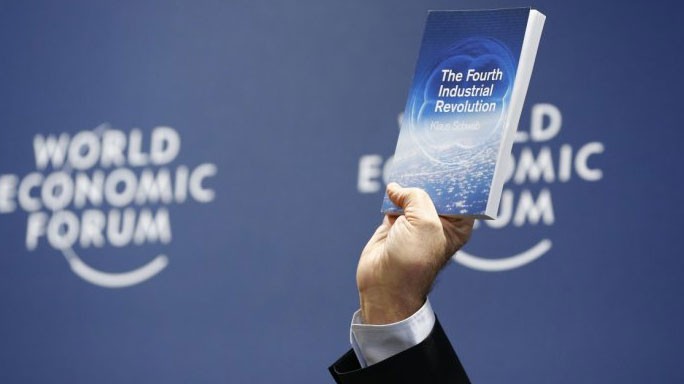The Fourth Industrial Revolution will have a disproportionately negative impact on the economic prospects of women, although the emphasis on talent brought about by sweeping changes caused by disruptions to the labour force will result in more women progressing into senior positions, a new study by the World Economic Forum has found.
According to The Industry Gender Gap Report, published today, the burden of job losses that will result from automation and disintermediation as a result of the Fourth Industrial Revolution will impact women and men relatively equally, with 52% of the 5.1 million net job losses expected globally between now and 2020 affecting men, compared with 48% affecting women. However, the fact that women make up a smaller share of the workforce means that today’s economic gender gap may widen even further than the current 40%.
This blow to gender equality can be explained by the fact that some of the roles most at risk from automation and disintermediation are those that are performed by a larger proportion of women; for example, in the Office and Administrative” job family. However, it is also partly a result of the fact that women are relatively under-represented when it comes to jobs that are expected to have the most growth in the next five years; for example, the Computer and Mathematical and Architecture and Engineering job families.
Another way of looking at this, according to our analysis, is to consider that, given women’s low participation in STEM (science, technology, engineering, mathematical) professions, one of the fastest-growing areas of job creation, women stand to gain only one new STEM job for every 20 lost across other job families, whereas the ratio for men is one new job for every four lost elsewhere.
This new data illustrates the urgency with which leaders across business and policy must find new ways to ensure that the full talent pool of men and women is educated, recruited and promoted. And there are encouraging signs that this is already being addressed. According to our survey, while traditionally employers have struggled to retain women colleagues beyond the junior level, respondents expect to see an increase of 7-9 percentage points in the share of women in mid-level positions by 2020 and an 8-13 percentage point rise in the number of senior positions being held by women as retention becomes ever more important in the face of key global talent shortages.
The expected increase applies to all nine industry sectors assessed in the report, although to varying degrees. The three that will see the most significant increases of female workers across all job categories between now and 2020 are: Energy (22%-30%); Basic Industries and Infrastructure (20%-27%) and Healthcare (41%-48%). In all three, the number of women in senior roles is expected to double, albeit from a low base.
See more at:
Weforum





